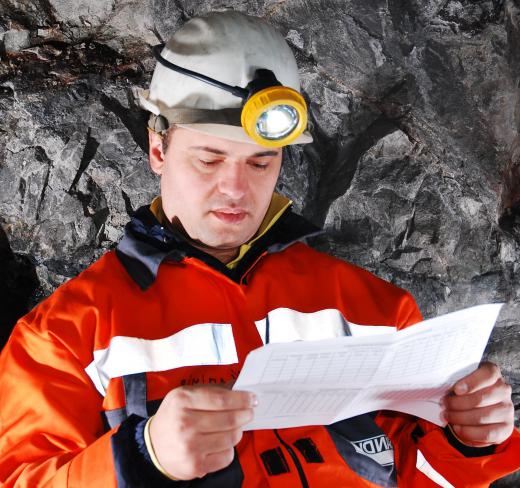Room and pillar is one of the oldest and most basic types of mining techniques. In this type of mining, portions of the soil are removed from the earth to form rooms, while other nearby portions are left in place to form natural pillars. This allows miners to extract materials like coal or metal from the soil removed out of the rooms, yet leaves the pillars to support the ground above. This mining technique works best for materials located along the same horizontal plane, or stratum. Room and pillar mining may also be known as bord and pillar mining in some areas.
Throughout history, miners have used a random room and pillar mining strategy to extract minerals from the earth. Workers would simply mine in certain areas and leave other areas intact, with little planning or reason involved in the process. This led to unsafe conditions, primarily in the form of cave-ins, or squeeze failures.

In a squeeze failure, a single pillar is squeezed between the earth above and below until it fails. This puts excess weight on nearby pillars, which can cause them to fail as well. Once a single pillar fails in the mining system, it's often very difficult to keep the mine operational, even with modern shoring techniques. Random room and pillar mining also leads to poor ventilation, making work conditions dangerous.
Today, room and pillar mining is based on a carefully-planned grid systems. Mining professionals take soil samples and investigate conditions at the site to determine the best layout and location for each room and pillar. A large site is often divided into sections, or panels. Each panel features its own grid system and is separated from other panels by very large barrier pillars. The barrier pillars act as dividers between each section, and are designed to stabilize the earth to maximize mining safety.
Miners choose room and pillar mining because it is fast, simple, and requires very little equipment. Despite these advantages, this mining technique also poses several challenges for miners. One of the biggest problems lies in determining the size of the pillars. If pillars are too small, the system will fail. If they are too large, however, valuable minerals or metals can be left behind. This leads to a need to balance safety with productivity and profit, which can contribute to conflicts of interest between workers and mine owners.
